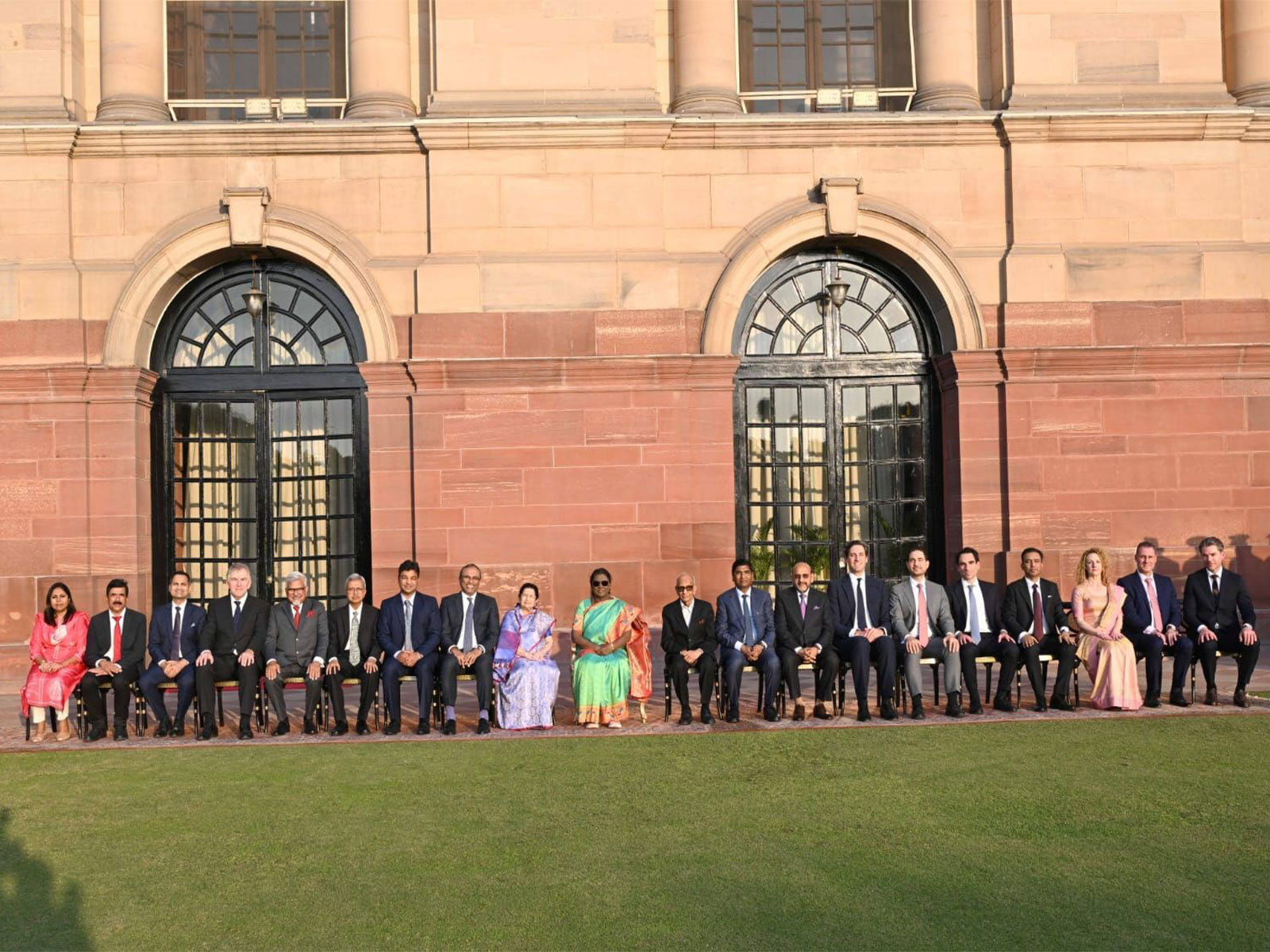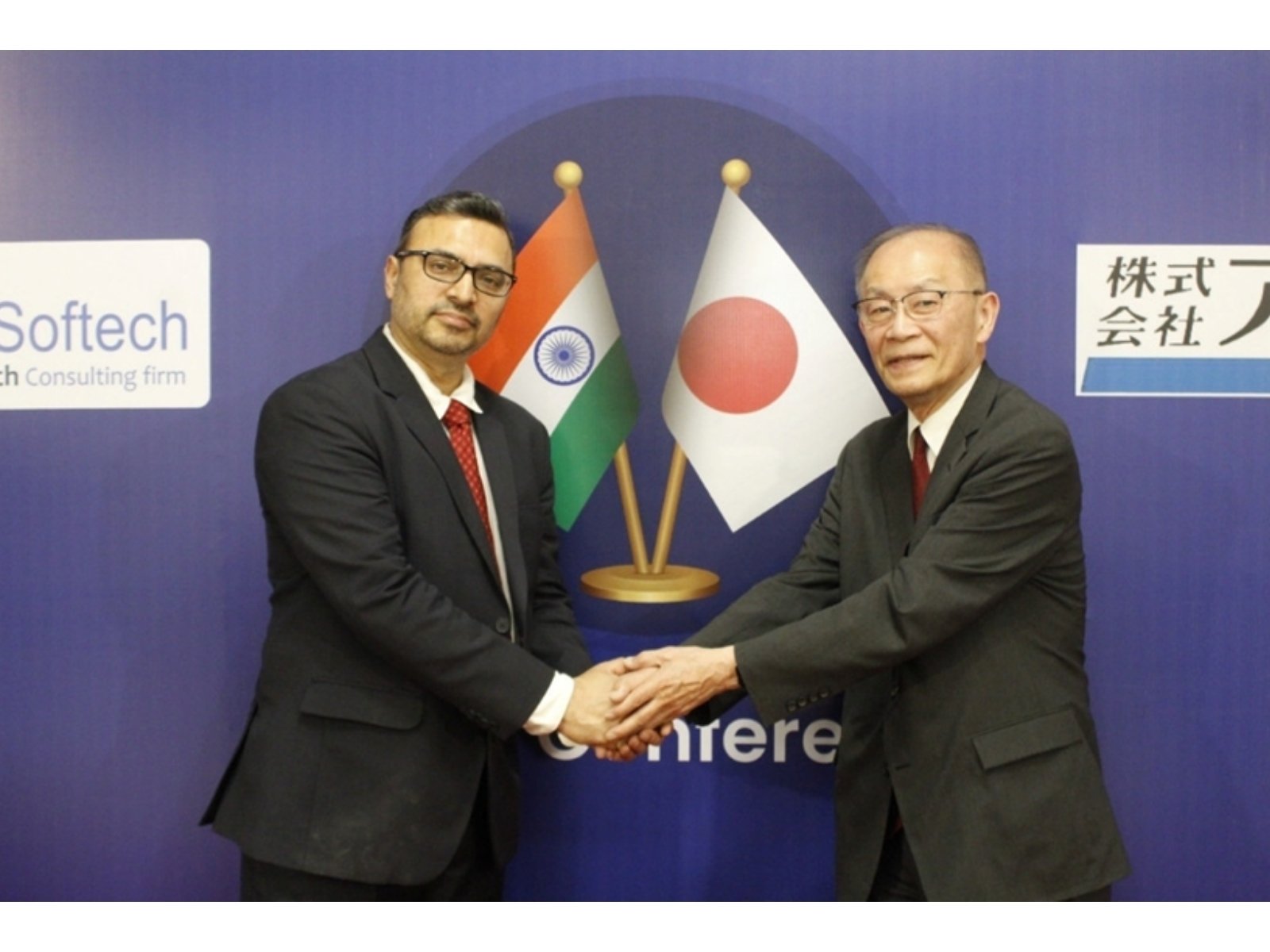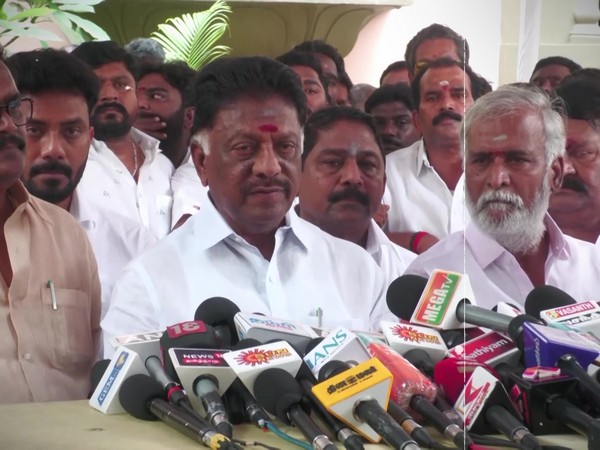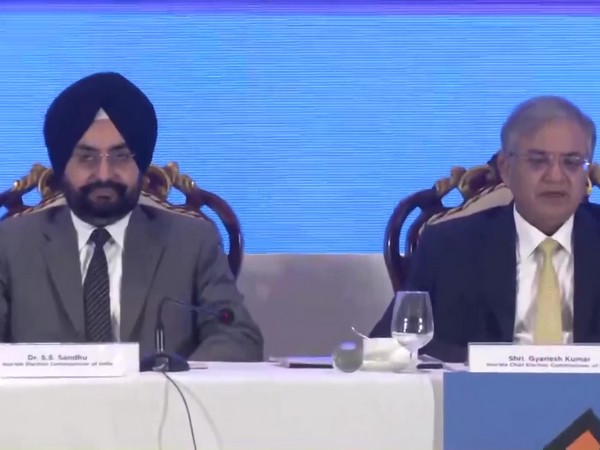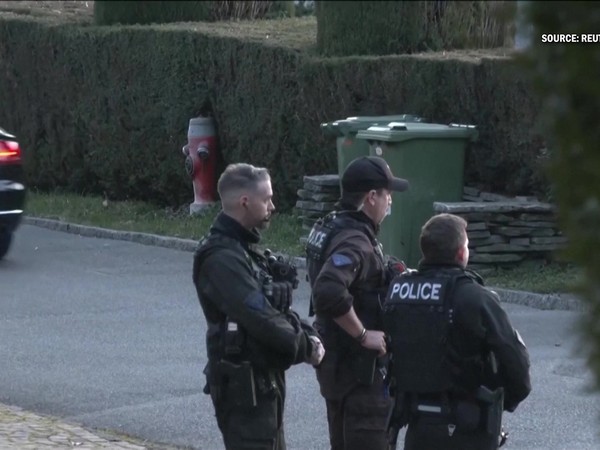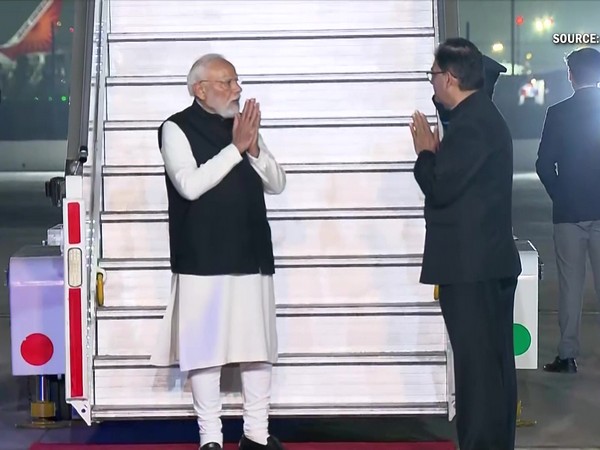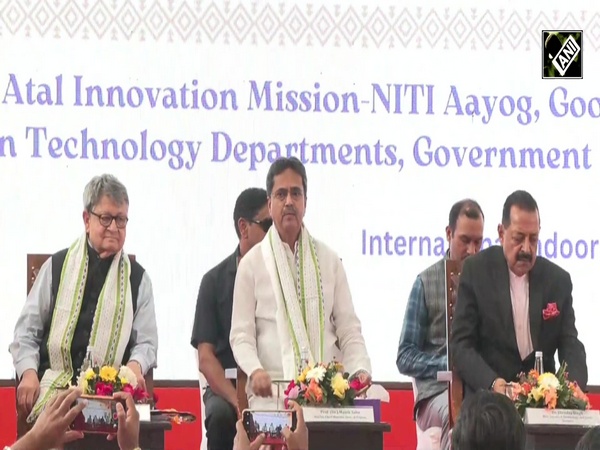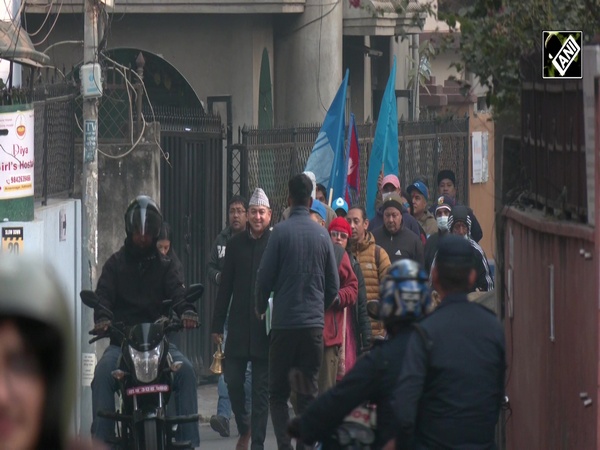Hyundai Motor to pay USD 1.8 bn in bonuses to Korean employees despite U.S. tariff headwinds
Sep 11, 2025

Seoul [South Korea], September 11 : Hyundai Motor reached an agreement with its union in Korea to distribute over 2 trillion won ($1.80 billion) in bonuses in 2025, even as the automaker faces growing challenges from high U.S. tariffs, as per a report by Pulse, the English service of Maeil Business Newspaper Korea.
According to the deal, announced on Wednesday, the Korean employees will receive a 100,000 won (USD 71.95) base wage increase, performance bonuses equivalent to 450 per cent of base pay plus a 15.8 million won (USD 11,117.48) lump sum, and 30 Hyundai Motor shares (10 common and 20 preferred). With an average base wage of 4 million won (USD 2,880), each employee is expected to take home about 40 million won (USD 28,800) in incentives, with the total payout estimated at 2.5 trillion won (USD 1.80 billion) for Hyundai's 63,000 employees. This figure represents about 40 per cent of the company's consolidated net profit of 6.63 trillion won (USD 4.78 billion) in the first half of the year.
As per the report, the outlook for the remainder of 2025 remains uncertain, however. While Seoul and Washington have discussed lowering tariffs from 25 per cent to 15 per cent, the decision still awaits an executive order from U.S. President Donald Trump. Japan will see its tariff reduced to 15 per cent starting September 16th, 2025, but Korea has yet to secure the same terms. Adding to the strain, delays in the completion of Hyundai Motor's Georgia plant due to the detention of local Korean staff could disrupt the supply of batteries in the U.S. market.
The agreement also reflected union demands for job security; the two sides agreed to internalize production of six-speed transmissions for the Palisade hybrid, with mass production targeted by the end of 2027. Currently supplied by Hyundai Transys, the transmissions could be produced directly by Hyundai Motor, potentially reducing orders for the affiliate. The move could also drive costs up as labor expenses at Hyundai Motor are higher than at Hyundai Transys.
The union also included wording on expanding in-house production of key electric vehicle components such as batteries, despite Hyundai's official denial of direct battery manufacturing plans. Analysts say the push reflects efforts to reassign workers as demand for internal combustion engines and related transmissions declines, with the union prioritizing extended retirement ages and job security.
The agreement also provides for training software specialists within production plants, which aligns with the industry's transition to software-defined vehicles (SDVs).
The tentative deal will be put to a vote at the central labor council's general meeting on September 15th, 2025, and further strikes could follow if it is rejected. The previous week's 16-hour strike, the first at Hyundai in seven years, was estimated to have caused losses of over 400 billion won (USD 289 million).
"The Hyundai Mobis union, meanwhile, walked out of negotiations and plans partial strikes this week despite Hyundai Motor's tentative settlement. Hyundai Transys, which is still reeling from a prolonged strike in 2024, is facing similar tensions with its Seongyeon plant rejecting management's latest offer of a 68,000 won (USD 49.10) base pay increase and 250 per cent bonuses plus a 7 million won (USD 5,060) lump sum," the report stated.



